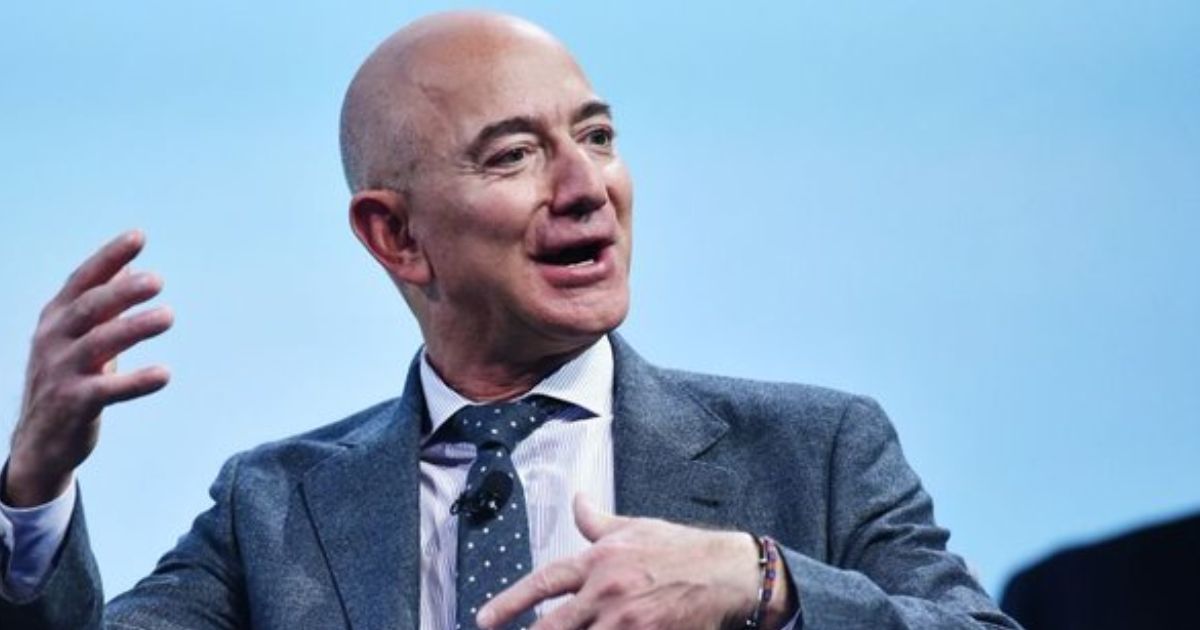Copyright newsweek

Millions of American employees are letting their paid time off (PTO) go unused due to high levels of workplace pressure and what experts see as anxieties over the current state of the labor market. According to a survey from FlexJobs, 23 percent of U.S. workers said they haven’t taken a single day of vacation over the past year, with many citing heavy workloads, fear of falling behind and internal pressures to stay ahead. “This reflects a broader cultural and structural issue in the U.S. workplace,” said Jennifer Schielke, co-founder and CEO at the recruiting firm Summit Group Solutions. “The continual layoffs, in large numbers and hiring slowdown no doubt contributes to this unhealthy habit,” she told Newsweek. “It’s no wonder wellness and mental health indicators are giving us alarming signals.” A young woman relaxing on a beach (GDA via AP Images) Why It Matters As the employment and workplace wellbeing experts who spoke with Newsweek noted, the trend highlights both internal workplace stresses, as well as external, economic forces. Amid a monthslong slump in hiring, and companies announcing mass layoffs, Americans appear to be growing increasingly anxious about their job security and prospects in the current labor market. What To Know FlexJobs surveyed 3,063 U.S. employees between August 18 and August 31, finding that 82 percent have paid time off but that many avoid using it or do so only sparingly. As well as the near-quarter abstaining entirely, 40 percent said they took only one to 10 days off in the past year. The top reasons given include workloads being to heavy (43 percent), not having sufficient paid time off (34 percent), a fear of falling behind (30 percent), feeling pressure to “appear committed” (29 percent) and the feeling that their employer doesn’t support workers taking time off (19 percent). “The fact that around a quarter of Americans have not taken any time off may be linked to cultural factors, such as the enduring ideal of the self-made individual,” said Rita Fontinha, a professor of Strategic Human Resource Management at Henley Business School in the U.K. “In this context, taking time off can be perceived as a sign of laziness or lack of ambition.” “In addition, practical factors such as high workloads, lean staffing, and job insecurity play a major role,” she told Newsweek. “When people anticipate returning to a backlog of work or fear being perceived as less committed, they are less likely to use their paid time off.” “I think many Americans are unsure about their financial stability,” said Ron Goetzel, director of the Institute for Health and Productivity Studies at the Johns Hopkins Bloomberg School of Public Health. “The news headlines warn us about rising unemployment, an unpredictable economy, fear of rising prices due to newly imposed tariffs, and the potential for jobs to be replaced by robots and AI.” A separate survey of 2,000 workers from Wondr Health, published in June, found that 62 percent of employees leave around a third of their vacation time unused, despite many acknowledging time off as crucial for managing stress and mental health. “The most common reasons we see for people skipping PTO include things like internalized pressure, heavy workloads and organizational culture,” said Tim Church, chief medical officer at Wondr Health. “Time poverty is a big driver of burnout and overall diminished health and life/work satisfaction.” What People Are Saying Yasemin Besen-Cassino, professor of sociology at Montclair State University, told Newsweek: “Uncertain economic times make it challenging for workers. In work cultures where overwork is valued, taking no time off is seen as commitment to work. It’s very harmful in the wrong run not to take any time off. With mass layoffs, many employees are apprehensive about being replaced. With mass layoffs, and limited hiring, remaining employees are also doing more work.” She added that abstaining from vacations can “result in negative health outcomes, psychological issues and job dissatisfaction,” while also potentially lowering a company’s productivity in the long term. Jennifer Schielke, co-founder and CEO of Summit Group Solutions, told Newsweek: “People are willing to sacrifice their own wellness to hold a job. That is an indicator that they underestimate their worth and feel the burden of taking on more than they perhaps should. I love hard-workers, but not at the cost of wellness.” What Happens Next Studies continue to show that Americans feel anxious about the state of the labor market, leading to overworking, high levels of burnout, and giving rise to a phenomenon known as job hugging—employees clinging to their roles out of fear and financial necessity.



